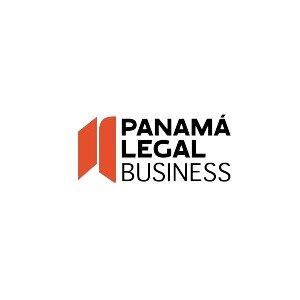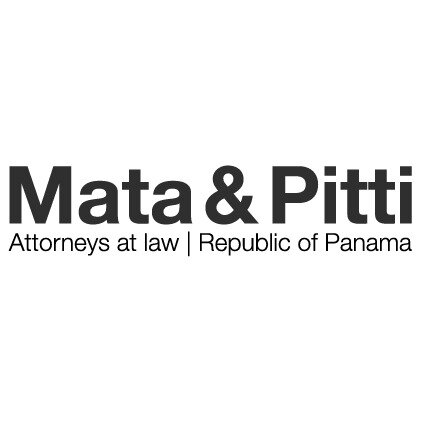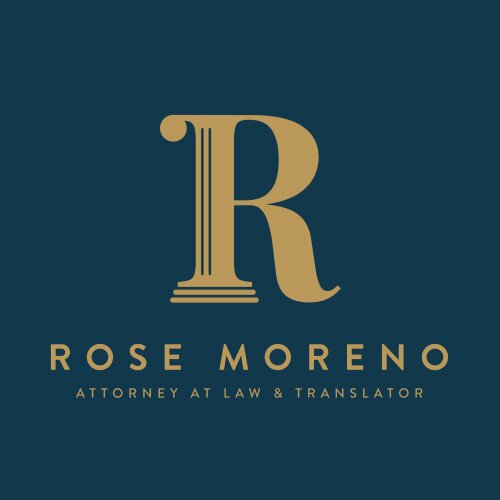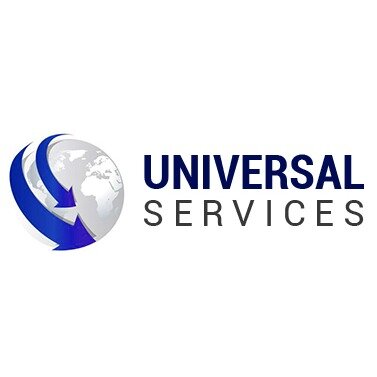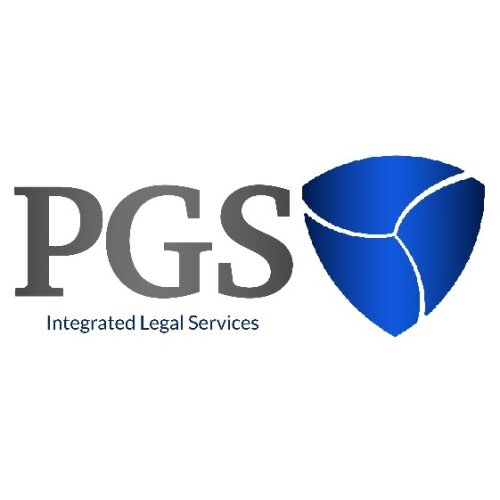Best Nonprofit & Charitable Organizations Lawyers in Panama City
Share your needs with us, get contacted by law firms.
Free. Takes 2 min.
List of the best lawyers in Panama City, Panama
About Nonprofit & Charitable Organizations Law in Panama City, Panama
In Panama City, Panama, nonprofit and charitable organizations play a vital role in addressing community needs, promoting social development, and contributing to the public good. These organizations are typically established to serve educational, religious, scientific, or humanitarian purposes, and operate without profits being distributed to their members, directors, or officers. Nonprofits in Panama City must adhere to specific legal frameworks to ensure compliance with national regulations. The country's status as a regional business hub makes it an attractive location for international NGOs and charitable foundations as well.
Why You May Need a Lawyer
Nonprofit and charitable organizations may require legal assistance for various reasons, including:
- Formation and Registration: Setting up a nonprofit involves navigating complex legal requirements and filing necessary documentation with Panamanian authorities.
- Compliance Issues: Ensuring ongoing compliance with local laws, tax obligations, and reporting standards can be challenging without legal expertise.
- Governance Matters: Legal advice can help in drafting governance policies, bylaws, and ensuring proper board management.
- Contracts and Agreements: Nonprofits often enter into agreements with donors, suppliers, or service providers that require careful legal review.
- Dispute Resolution: Legal assistance may be needed to navigate internal disputes, employment issues, or conflicts with third parties.
Local Laws Overview
The legal framework governing nonprofit organizations in Panama City includes a number of key aspects:
- Legal Status: Nonprofits must be established as associations or foundations and comply with specific formation procedures under Panama's Civil Code.
- Registration: Organizations need to be registered with the Ministry of Government and Justice to gain official recognition and tax-exempt status.
- Taxation: Registered nonprofits may qualify for certain tax exemptions, but they must adhere to detailed reporting and audit requirements.
- Corporate Governance: Adequate governance structures are required, including maintaining a board of directors and adhering to bylaws.
- Fundraising and Donations: Legal guidelines regulate how funds can be raised and used, ensuring transparency and accountability.
Frequently Asked Questions
1. What is the process for setting up a nonprofit organization in Panama City?
To set up a nonprofit in Panama City, you need to draft articles of incorporation, register with the Ministry of Government and Justice, and obtain a legal personhood status known as "personería jurídica."
2. Are nonprofit organizations in Panama City tax-exempt?
Yes, once registered, nonprofit organizations can apply for tax-exempt status but must comply with local tax laws and reporting requirements.
3. Can foreign citizens establish nonprofits in Panama City?
Yes, foreign citizens can participate in the formation of a nonprofit, though they must adhere to local legal requirements and processes.
4. What are the governance requirements for nonprofits in Panama City?
Nonprofits must maintain a board of directors, create bylaws, and hold regular meetings to ensure proper governance and operational compliance.
5. How can a nonprofit organization solicit donations legally in Panama City?
Fundraising activities must comply with local regulations, and it's advisable to outline the terms and conditions of donations within the organization's governance documents.
6. What are the reporting obligations for nonprofits in Panama City?
Nonprofits are required to submit annual reports to relevant authorities detailing their activities, financial status, and compliance with statutory obligations.
7. Can a nonprofit organization in Panama City engage in commercial activities?
Generally, nonprofits are not established to engage in profit-making activities, however, some limited commercial activities are permissible if they support the organization's mission.
8. What legal resources are available for nonprofits in need of assistance?
Organizations can seek assistance from law firms specializing in nonprofit law, legal aid services, or reach out to local governmental bodies overseeing nonprofits.
9. Can nonprofits collaborate with government bodies in Panama City?
Yes, nonprofits can partner with governmental entities on initiatives, provided they adhere to relevant legal guidelines and partnership agreements.
10. What are the penalties for non-compliance with nonprofit regulations?
Non-compliance can result in penalties, including fines, loss of tax-exempt status, or dissolution of the organization, depending on the severity of the infraction.
Additional Resources
Here are some resources that may be helpful for someone seeking legal advice for nonprofits in Panama City:
- Ministry of Government and Justice: The governmental body responsible for overseeing nonprofit organizations.
- Panama Bar Association: Offers resources and referrals to legal experts specializing in nonprofit law.
- Local Legal Aid Organizations: May provide pro bono services or advice for smaller nonprofits or startups.
- International NGOs Foundations Network: Supports knowledge exchange on regulatory practices and compliance.
Next Steps
If you need legal assistance in the nonprofit sector in Panama City, consider the following steps:
- Consult an Attorney: Seek advice from a lawyer specializing in nonprofit law to address your specific needs.
- Gather Documentation: Prepare any relevant documents, including governing bylaws, financial records, or statutory filings, to facilitate legal consultation.
- Understand Your Obligations: Familiarize yourself with the legal requirements and responsibilities of operating a nonprofit organization.
- Engage with Networks: Participate in nonprofit sectors and forums to stay informed about best practices and local community resources.
Lawzana helps you find the best lawyers and law firms in Panama City through a curated and pre-screened list of qualified legal professionals. Our platform offers rankings and detailed profiles of attorneys and law firms, allowing you to compare based on practice areas, including Nonprofit & Charitable Organizations, experience, and client feedback.
Each profile includes a description of the firm's areas of practice, client reviews, team members and partners, year of establishment, spoken languages, office locations, contact information, social media presence, and any published articles or resources. Most firms on our platform speak English and are experienced in both local and international legal matters.
Get a quote from top-rated law firms in Panama City, Panama — quickly, securely, and without unnecessary hassle.
Disclaimer:
The information provided on this page is for general informational purposes only and does not constitute legal advice. While we strive to ensure the accuracy and relevance of the content, legal information may change over time, and interpretations of the law can vary. You should always consult with a qualified legal professional for advice specific to your situation.
We disclaim all liability for actions taken or not taken based on the content of this page. If you believe any information is incorrect or outdated, please contact us, and we will review and update it where appropriate.



